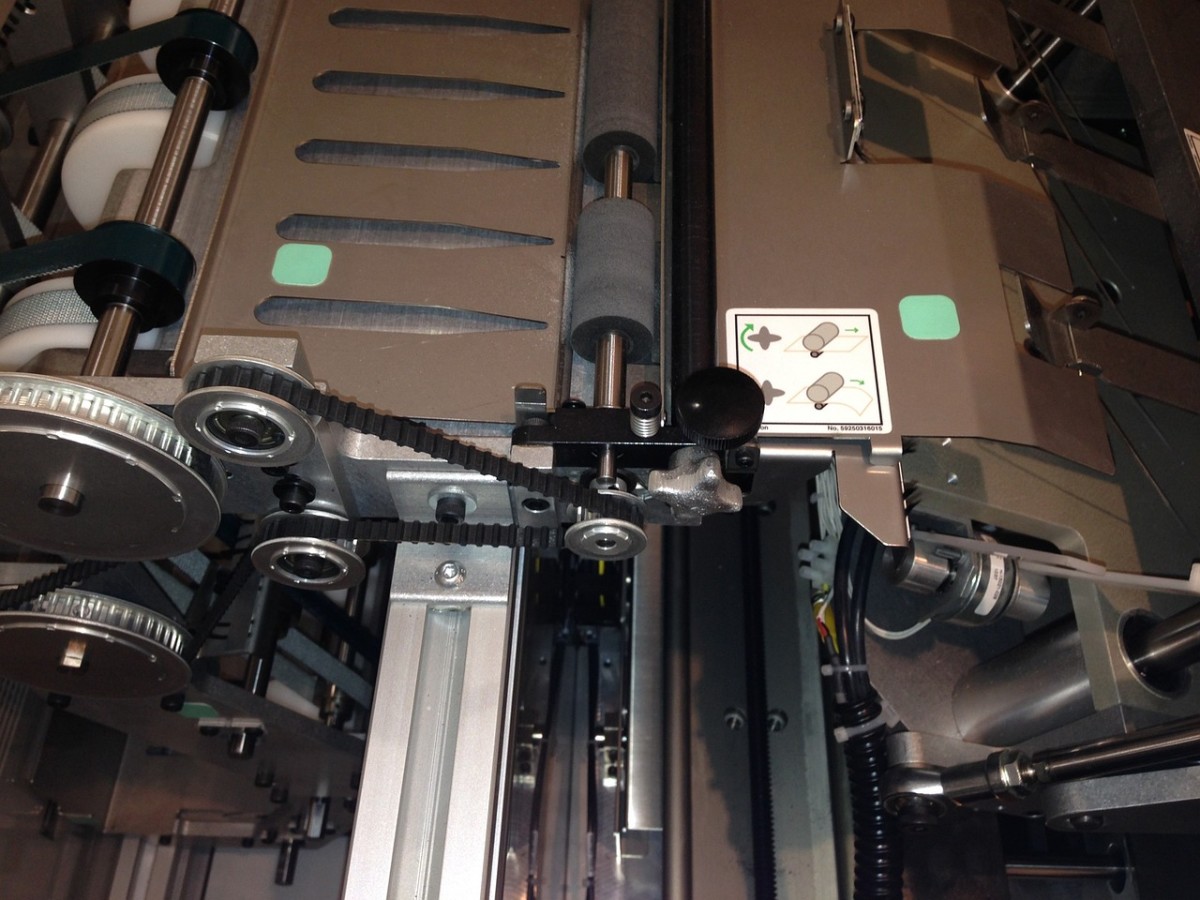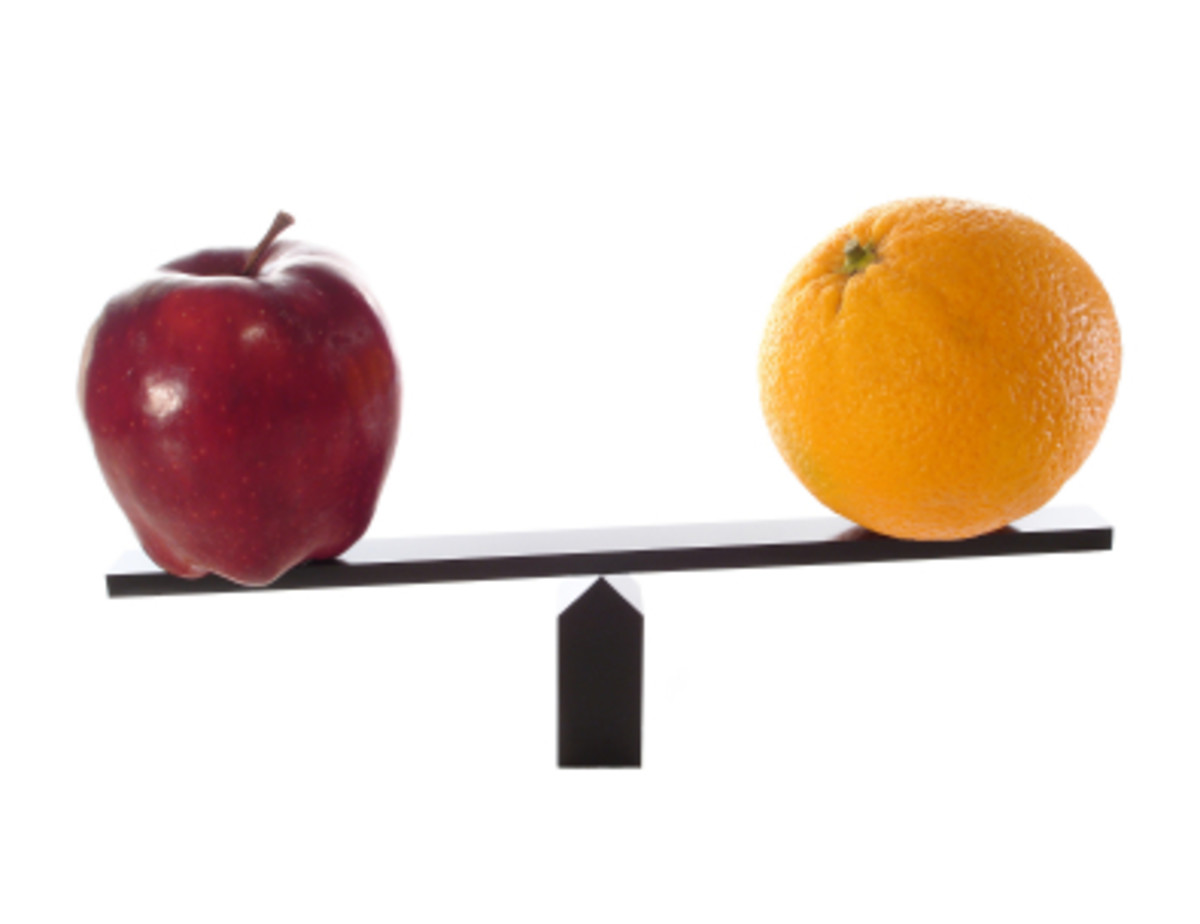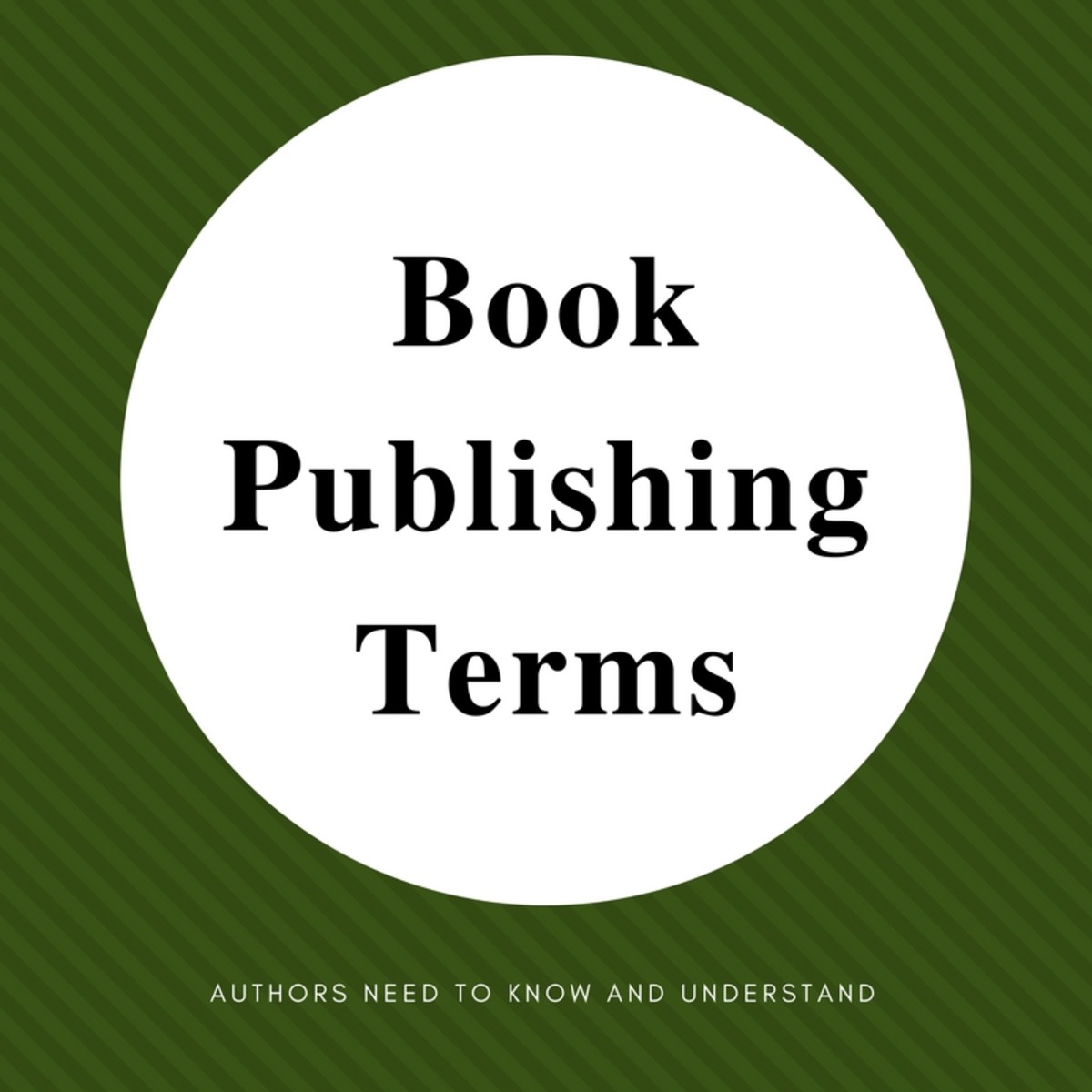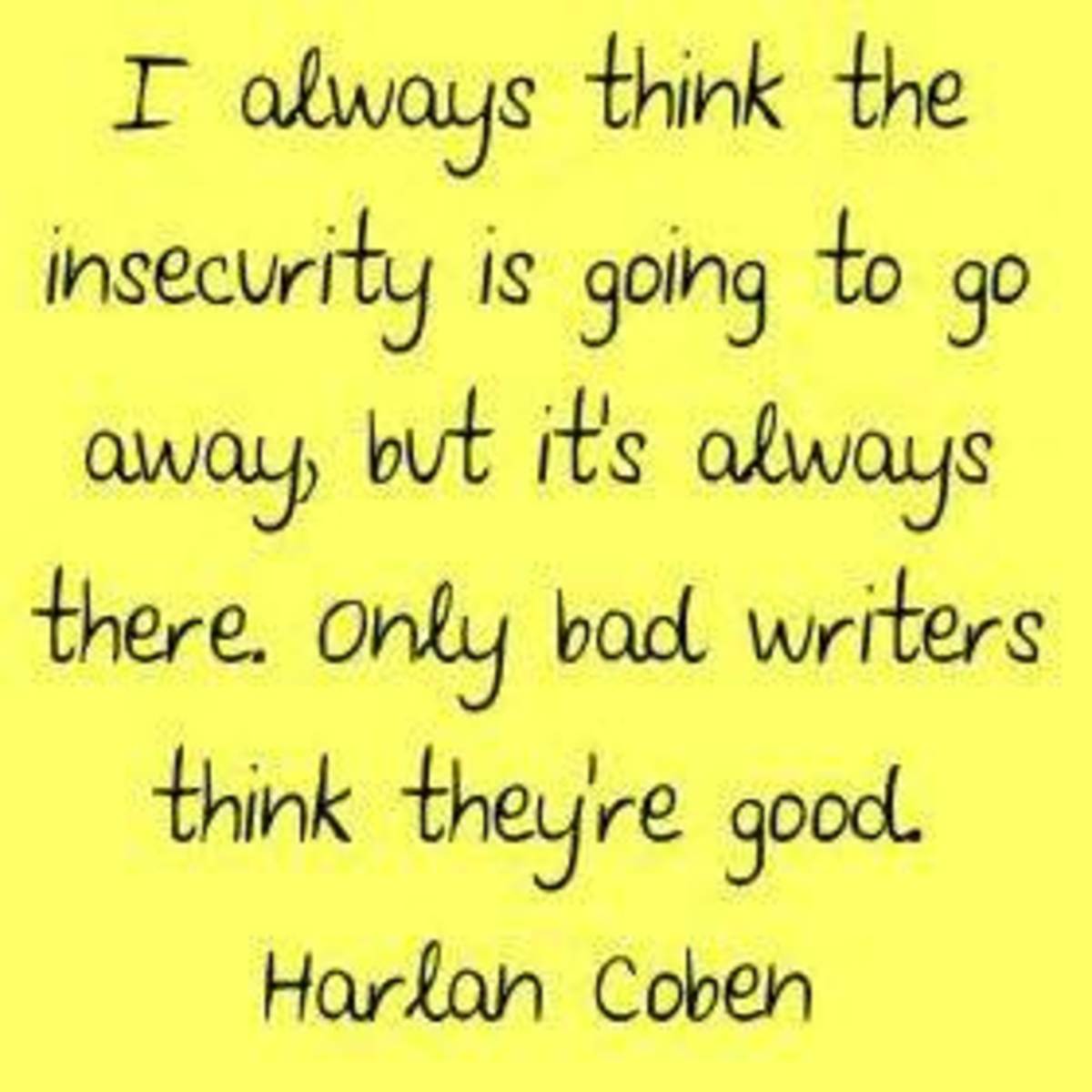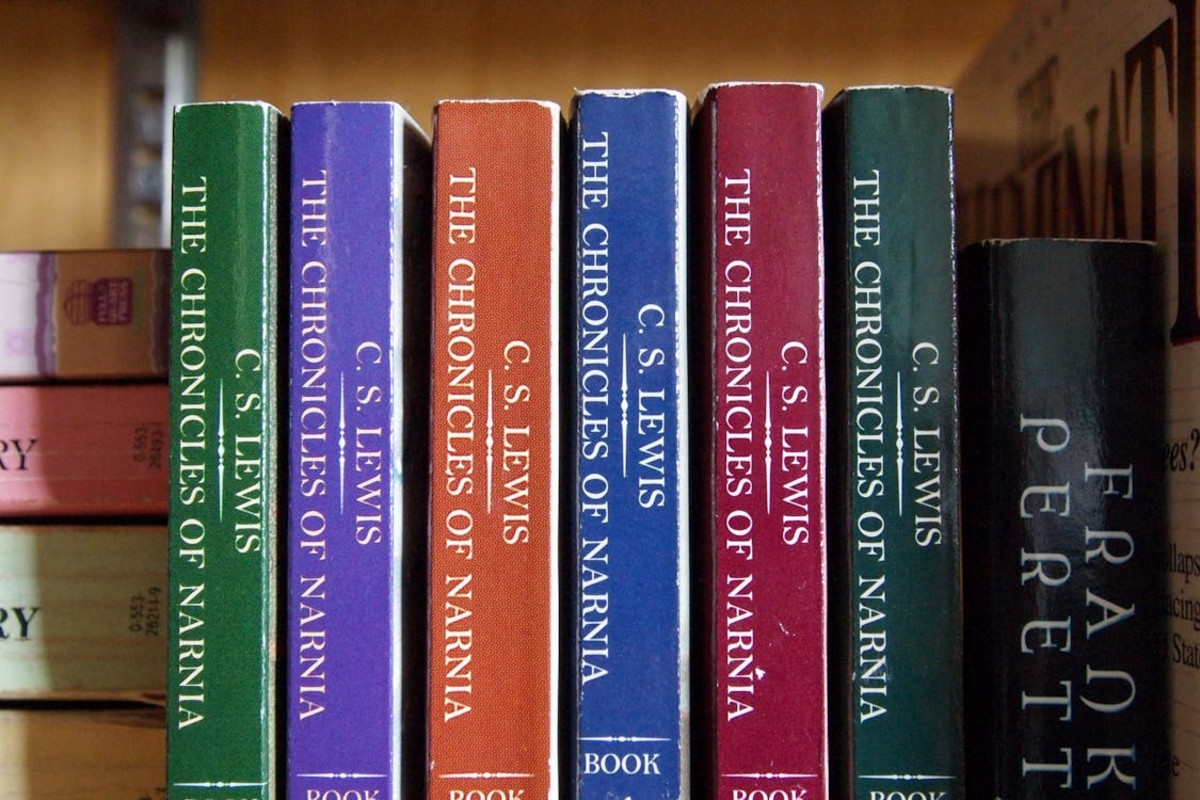- HubPages»
- Books, Literature, and Writing»
- How to Write»
- How to Get Published
An Overview of Publishing: Traditional, Independent, and Self
So, You've Finished A Manuscript! ...Now What?
So, you've finished a manuscript. Congratulations! After extensive editing, rereading and polishing, and gleaning feedback from beta readers and/or industry professionals, you are now looking into your publishing options. Where to begin?
In publishing, you have three basic options: traditional, independent, and self-publishing. What do each of these mean? Let's explore the possibilities, along with the pros and cons of each path.

Option 1: Traditional "Big Five" Publishers
In the U.S., there are five main publishers who dominate the industry: HarperCollins, Simon & Schuster, Hachette, Macmillan and Random House/Penguin (the two have recently merged). Each has many imprints and divisions for fiction, non-fiction, children's and different genres (like romance or sci-fi). To get contracted with a Big 5 entails finding a literary agent who loves your work enough to represent it to those publishers. Why do you need an agent for this route? Because the Big 5 do not generally accept unsolicited manuscript queries or submissions from authors. So, agents are the "gatekeepers."
Finding an Agent
To find an agent, you can search for free online at sites such as AgentQuery.com or QueryTracker.net, or purchase the annual Writer's Market books. Different agents specialize in different genres, depending on their personal interests and connections in the industry. When you've found a list of agents who represent your genre and may be a good match for you, you will send them each a personalized query letter. A query letter includes a very brief - and enticing - summary of your book, and any pertinent credentials you possess as the author. (To learn more about writing query letters, see AgentQuery's article, How to Write a Query Letter.) It will generally take within 2-6 months for an agent to respond.
Do not be discouraged if you receive rejection letter after rejection letter. Acquiring an agent can be very difficult for new authors. Literary agents are part of a small industry, so be sure to be courteous and professional to them, even if they reject your manuscript; chances are, you may be querying them again, down the road! I suggest listening to any feedback they share and implementing their advice.
If an agent does agree to represent your work, they will pitch your book to the publishers they work with, who are suitable matches for your genre. This could potentially open the doors to the big contract you've been waiting for - but remember, there are no guarantees.
Pros of Traditional Publishing
It could arguably mean the "jackpot." The major publishers can distribute your books nationally (if not worldwide), displaying it in brick-and-mortar bookstores all around the country as well as online, and might even provide you a publicist. Because big companies have big budgets, you have a good shot at gaining widespread exposure, professional credibility, and success in sales with your books.
Cons of Traditional Publishing
If you enter a contract with a traditional publisher, you will most likely be selling your manuscript to them for life. This means your work now belongs to the publisher, until 70 years after your death. (Contrast to independent publishing, where you're generally only "leasing" your manuscript to the publisher for 2-6 years, or whatever the duration of the contract.)
What's the downside of selling your manuscript? For one, it's no longer yours to alter, market and shop around. So, if your book isn't a hot seller in the first year of publication (and most aren't), it gets "backlisted." This means all the printed copies that don't sell are destroyed, and your book is no longer available in stores (though it may still be online). You are discouraged from marketing it yourself and are legally restricted from shopping it to a new publisher. Dean Wesley Smith put it best in his article, The Real Price of Traditional Publishing: "And remember that traditional publishers will treat your book like produce, if they notice they bought it at all. The book will be on the stands for a week or so and then gone, returns in paper destroyed as the traditional publisher moves on to the next book. And then your book will drop into high-priced electronic oblivion because to the publisher, that book is now just a property asset on their accounting ledger."
In addition, most traditionally published authors get little say in the editing, design, cover art and other processes of publication. Months can pass with no updates about your book, and bringing it to market can take years.
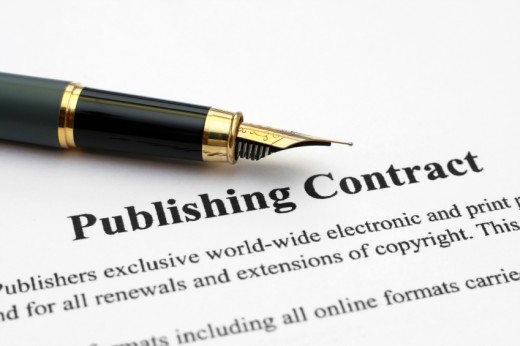
Option 2: Independent Publishers
An independent (or "indie") publisher is typically a smaller or boutique press that is not affiliated with one of the Big 5. Most indie presses accept unsolicited submissions; therefore, you do not need an agent in order to query them. You will still have to undergo the same submissions process, but in this case, you are usually communicating directly to the publisher(s). Indie publishers generally focus on the e-market. Most don't have the resources to get you into bookstores, but will sell your e-books on various online platforms (i.e. Kindle, Nook, iTunes, etc.) and/or offer print-on-demand (POD) copies to order from stores or online.
You can find independent publishers by doing online searches. If you find one that appeals to you, read their submission guidelines and preferences. Then, check out their other published works to determine if (a) you think their publications are quality, and you would like to be affiliated with them; and (b) if your novel is a good fit for them. If an indie press seems like a good match, sample or preview their publications on sites like Amazon. Check to ensure they appear to be formatted correctly, are not riddled with errors, etc. (This would be a red flag.) Consumers do judge books by their covers, so it's also good to find a place that uses attractive cover art. Also, please note: a legitimate, royalty-paying indie publisher will NOT ask you to pay for any part of the publication process. If a press wants to charge you any fee, then they are a hybrid self-publishing service at best, or a scam at worst.
My books are currently contracted with an indie publisher (www.48fourteen.com). It was six months after I'd first queried them with The Duchess Quest when they wrote me back, asking for a full submission. I received my offer letter 3 weeks later. After studying the four-year Publishing Agreement with my family and determining it to be fair and legitimate, I signed on with them. During the publication process, I received regular updates from the publisher. Any changes the editor wished to make through multiple rounds of professional editing were approved by me and the publisher. I was given lots of say in the cover art. I was required to set up various social media accounts to begin marketing, and the book was published within six months.
Pros of Indie Publishers
Personally, I've had a good experience. My publisher is expedient, personal, professional, easy to communicate with, and treats their authors and manuscripts with exceptional care. Being published by an indie press is a great "middle path" for those who crave the 'validation' and 'legitimacy' of being a published author, but the narrow gate of the Big 5 is just too narrow. In most cases, you retain the rights to your work, and when the contract is up, you have the option to renew it or get your content back.
Indie publishers also don't have to worry so much about resources, because their market is predominantly online, where the majority of today's books are sold. They tend to publish books more quickly than traditional publishers (i.e. six months vs. two years). And the good ones will hold your hand, keep you in the loop, and give you a say throughout every step of the publication process. Some authors have managed to become relatively successful with independent publishers.
Cons of Indie Publishers
Unfortunately, with many indie presses, you can forget about shoppers finding your book in physical stores. While it feels like everyone's switching to e-books these days, there's still a significant market at the brick-and-mortar shops. Customers can order your print books at the service desk or from the store's website, but if they've never been exposed to your book, how would they know to order it?
Why is this so? Because most small publishers use print-on-demand (POD). So, a physical book is only printed once it's sold, opposed to a traditional publisher running a print-run of, say, 10,000 copies of a book, and then selling them. So, if your local Barnes & Noble branch agrees to stock copies of your book, then returns whatever copies didn't sell after 6 months, you as the author are responsible for compensating the printer the full price of each returned copy, directly out of your royalties. (Ouch.)
Also, while an indie publisher will do what they can to promote your book on social media or even help pay for some marketing services, they won't have the large budget of a Big 5. So, you could be spending some serious cash on your own marketing to help readers find out about your book, since they won't likely be seeing it in stores.
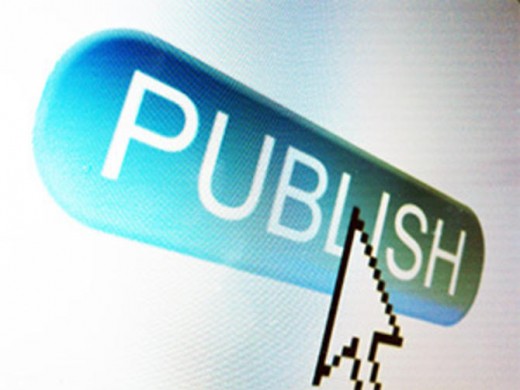
Option 3: Self-Publishing
Another form of independent publishing is self-publishing. Self-publishing is when you bypass a publisher altogether, and publish your book yourself. As an experiment, I self-published my novella, entitled Fool Moon. So in this category, I speak from experience as well.
Authors may choose to self-publish for a variety of reasons. Perhaps after a long time searching and querying, they were unable to find an agent or publisher. Maybe they want to retain all the rights, call all the shots, and have the freedom to write and market their book however they choose. Occasionally, better-known authors may have already struck gold and gained a significant enough following of fans who are guaranteed to buy their books, no matter who publishes them.
But there are also reasons not to self-publish. Quality editing and design costs money, and therefore many self-published authors don't pay for those needed services. As a result, self-published works are notorious for containing grammatical errors, typos, poor or improper formatting, pedestrian cover art, and other quality issues. Some discerning readers won't even consider a book that has not endured any sort of litmus test by the industry before hitting the market. However, given the changing market, others argue that the stigma is falling away, and successful, talented individuals have proved it possible to self-publish professional, quality books.
Pros of Self-Publishing
You'll see your book published, no matter what! No gatekeepers, no drama, no one taking or sharing your rights and royalties, or changing your content against your preferences, etc. You choose the look, set the price, and have 100% say in every decision. You answer to no one, don't have to explain your decisions, and the creative license is all yours. The process is also much faster. You don't have to work off of anyone else's schedule, don't have to compete for time with other authors your publisher or representative is working with. Your finished manuscript could hit the market within weeks instead of months or years. Above all, it's a guaranteed way to see your work in print (whether physically, digitally or both). If you can afford to release quality, edited, well-written and attractive work, and already have a platform of loyal readers and a savvy marketing plan, it's a win!
Cons of Self-Publishing
Again, you have to pay for it, and/or learn how to do things like formatting e-books by yourself. This is time-consuming and there's a high risk of error if you rush and don't do extensive research. After publication, you'll be on your own when it comes to marketing - no publisher with a $10K marketing plan, or at the very least, a thousand Facebook followers - to help spread the word. Because your book will be POD, it's also unlikely to be stocked in brick-and-mortar bookstores, so you'll face the same hurdles of low-visibility and obscurity as aforementioned in the cons of indie publishers. Lastly, because any shmoe can upload a PDF onto Amazon and call themselves an "author", you'll have to contend with the stigma and make a job out of differentiating your brand from "those guys."
Overall, the blessing - and curse - with self-publishing is that, literally, anyone can do it. Whether you're a novice writer or a seasoned veteran, you can self-publish. Some writers crave that "validation" and approval from the industry. Yet, others have self-published and manage to be quite successful. I recommend checking out the websites of successful self-published authors, such as Theresa Ragen and Joanna Penn; they provide many resources for self-published authors.
Closing Words
This article has covered the three basic and most common options in publishing. But there are even other options, from hybrid publishers, university presses (generally for academia), and vanity presses (for binding, say, a family genealogy or cookbook that you don't intend to sell, but distribute to your relatives), which I didn't cover.
In conclusion, there are positive and negative aspects of either path. And individual authors' experiences will differ. My hope is that, after reading this Hub, you have a clearer understanding of what's available to you. Perhaps you've already decided which path appeals to you. Just remember to keep an open mind, and try new things. At the end of the day, we are all authors.
You Vote!
Which type of publishing do you prefer?
© 2015 CK Brooke

